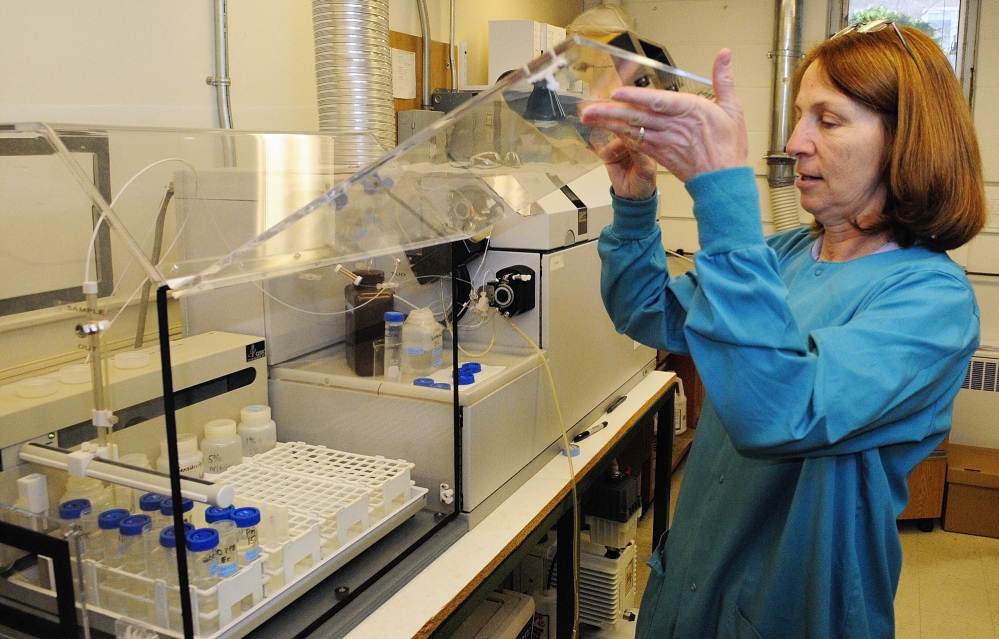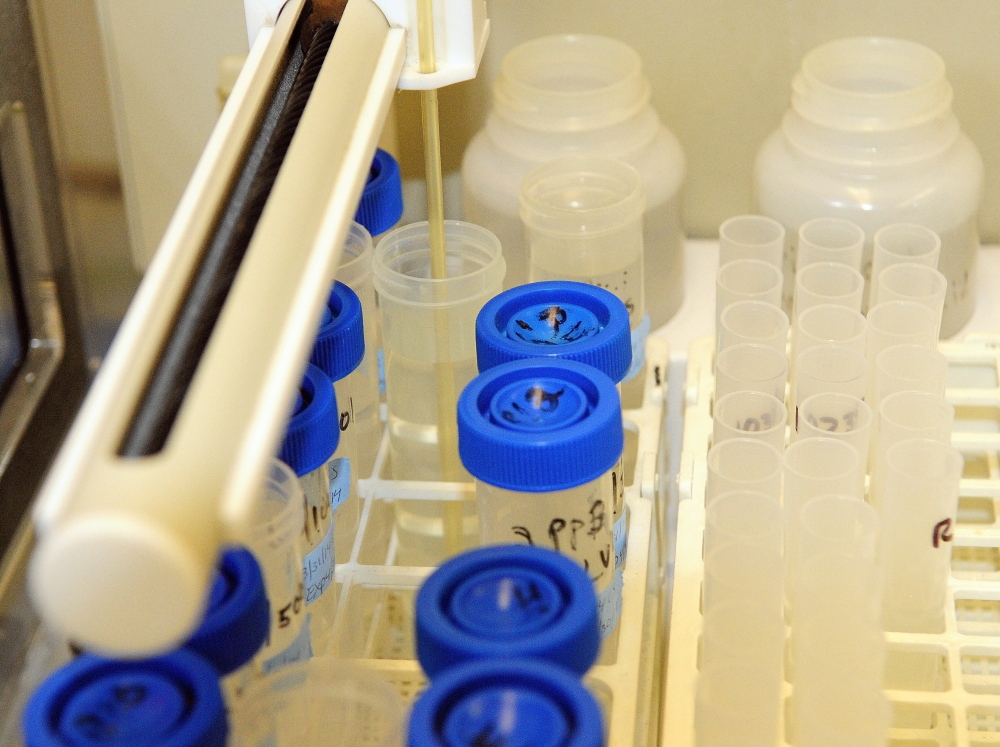A coalition of health and education groups are pressing the LePage administration to step up efforts to reduce arsenic exposure in residential wells.
The coalition delivered a letter Wednesday urging Gov. Paul LePage to direct the state Department of Health and Human Services to develop a plan to reduce the number of families exposed to unsafe levels of arsenic in their drinking water. Arsenic has been associated with some cancers and may cause low birth weight and affect brain development in babies and children.
The Environmental Health Strategy Center, the Maine Public Health Association, the Maine chapter of the American Academy of Pediatrics, the Maine Children’s Alliance, the Learning Disabilities Association of Maine and Physicians for Social Responsibility want more outreach and education to increase well-water testing; dedicated state resources to support outreach, testing and treatment; and a time line with specific benchmarks.
LePage’s communications office did not respond to multiple requests for comment on Wednesday.
In mid-2015, the LePage administration opted not to reapply for a federal grant awarded earlier to the Maine Center for Disease Control aimed at boosting well water testing for arsenic and other toxic chemicals because it said parts of the program were inefficient and it didn’t think the state should compete with private industry. About the same time, lawmakers failed to override a LePage veto of a bill that would have promoted well water testing by imposing a fee on water tests performed at a state lab to fund arsenic education programs.
The coalition fears Maine will fail to meet a benchmark of having at least 65 percent of its drinking water wells tested for arsenic by 2020. To date, only 45 percent have been tested.
Arsenic contamination is a widespread problem in several areas across Maine, but especially in Kennebec County, where 29 percent of private wells tested by the state from 2005 to 2009 had higher concentrations of arsenic than the federal standard.
When Veronica Currier Boucher’s son Kyle was 7, he started bumping into walls and having behavioral problems at school. She found her well had arsenic.
Currier Boucher lives in Manchester, where a 2010 U.S. Geological Survey study found 62 percent of the wells have arsenic levels that exceed federal limits.
After aggressive intervention, she said, including treatment and bottled water, her son’s condition improved, and he’s now a Maine Maritime Academy junior.
“I’m worried still about him. What water is he drinking? What’s he doing?” she said.
Craig Winter, who owns Advanced Quality Water Solutions, said sometimes homeowners are unaware they have a problem until they are required – by a real estate transaction, for instance – to test their well water.
“I get calls all the time,” Winter said. “In some cases, people have been drinking that water for 20 years.”
Tests tend to cost about $125. What those tests find will dictate the cost of treatment.
Jessica Lowell can be contacted at 621-5632 or at:
jlowell@centralmaine.com
Twitter: @JLowellKJ
Send questions/comments to the editors.




